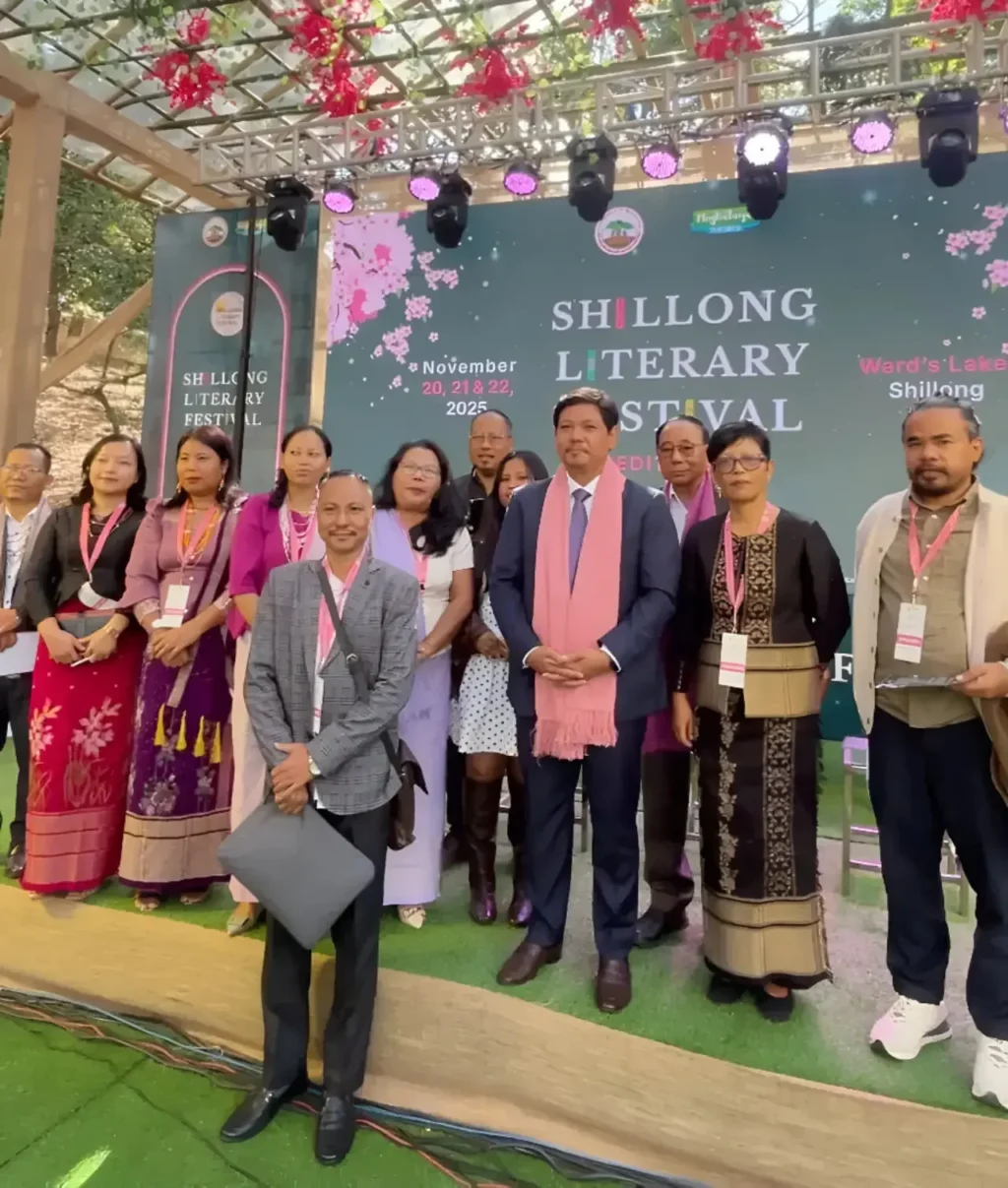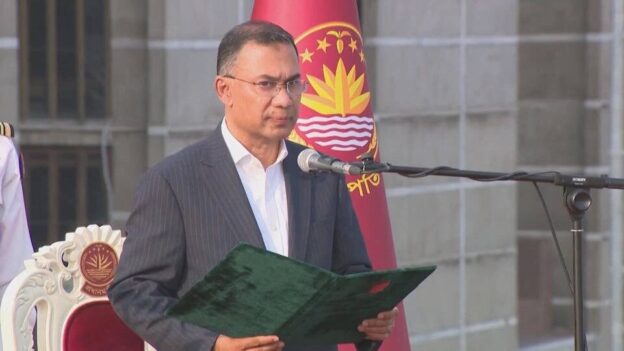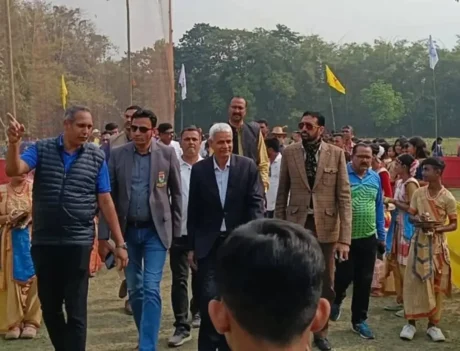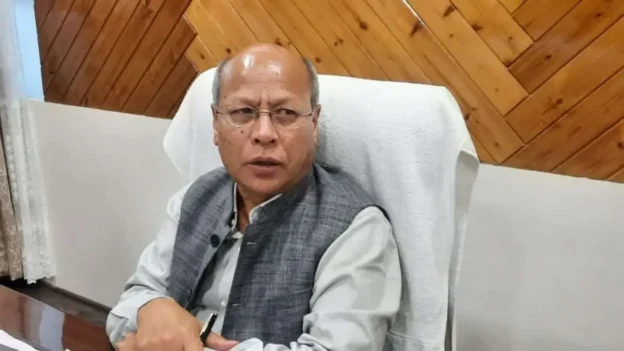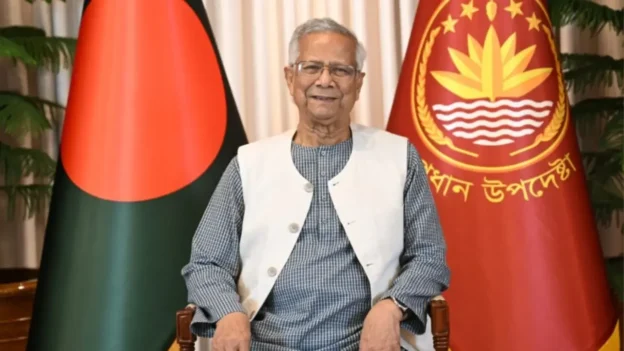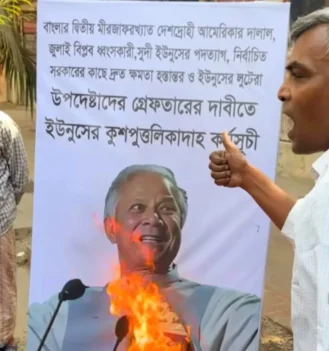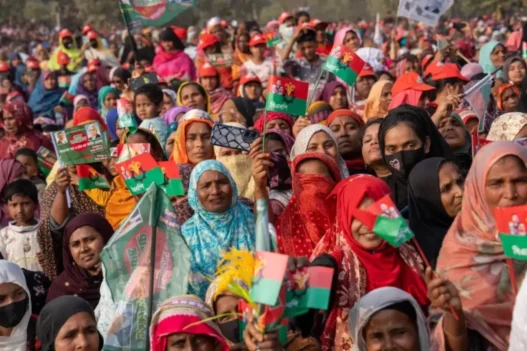“Literature is where I go to explore the highest and lowest places in human society and in the human spirit, where I hope to find not absolute truth but the truth of the tale, of the imagination, and of the heart.”
Salman Rushdie’s words drifted easily across Shillong this week—carried by autumn winds through pines and cherry blossoms, settling gently over Ward’s Lake where writers, poets, storytellers and lovers of language gathered for the fifth edition of the Shillong Literary Festival. It felt as if the city itself—vines intertwined with old stone, clear skies flushed with early winter—had been waiting for such a line, a reminder of why stories matter and where they take us.
The three-day festival, which began on November 20, was conceived as a meeting ground for minds from across the world and from within Meghalaya’s own hills—a place where global voices mingled effortlessly with local storytellers. True to Rushdie’s belief in literature as a space of spiritual and societal exploration, Shillong became, for a few days, a living page where the truth of imagination could be sought.
Although the opening day drew a modest crowd, the city’s young faces returned in greater numbers on Day Two. The aroma of local food, the warmth of handmade wine, and the artistry of craft stalls added texture to the festival’s conversations. Every corner seemed to hold a story, and every voice carried one forward.
The idea of this festival has been to build a momentum that connects Shillong with the outside world, and this year’s edition gathered some of the region’s and the world’s most distinguished literary and cultural figures. Among them were Booker International Prize–winning author Banu Mushtaq, acclaimed Spanish writer Francesc Miralles, Sam Dalrymple, Shehan Karunatilaka, Jerry Pinto, Prayaag Akbar, and Ankush, Keshava Guha, Sanjoy Hazarika, Prof. Desmond Kharmawphlang, Sonal Jain and Dennis Laishram, along with many others from the national and international literary landscape.
Khasi literature and the journey of a people
Among the sessions, one in particular resonated deeply—Making Khasi Literature Travel—a gentle yet profound exploration led by Basilica Nongpluh. At its heart was a reflection on the long journey of Khasi literature, a tradition that existed orally for untold centuries before the arrival of written forms. The session traced how stories once carried by memory and song found their way onto paper through the work of missionaries and scholars. Professor Streamlet Dkhar reminded the audience that “the birth of Khasi literature itself occurred within translation,” it’s written life intertwined with the efforts of those who first attempted to bring the language into script.
Translation, as the speakers affirmed, is both bridge and burden. Dr. Bandarilin Bairo described it as a daily act—shifting meaning across cultural worlds while trying not to lose the essence that breathes between words. A literal translation, the panel observed, can flatten an entire worldview; the example of Simlaidieng—literally ‘bird and three sticks’—demonstrated how cultural poetry evaporates when reduced to fragments.
Yet Khasi, far from being limited, is a language abundant in nuance. Its richness of related words and evocative descriptors gives writers an expansive palette with which to paint emotion and landscape. John Roberts, an early translator of biblical texts into Khasi, once remarked upon this linguistic wealth. The festival echoed that sentiment: Khasi is not a poor language—its speakers simply inherit a responsibility to listen deeply.
Stories that connect hills and horizons
Beyond Khasi literature, the festival unfolded as a tapestry of ideas stretching across continents and histories. Banu Mushtaq, author of Heart Lamp, captured the collective mood with poetic clarity: “To stand in Shillong today feels like walking into a page that has been quietly waiting for me… this festival, here in these hills, is a reminder of how deeply stories connect us.” Her words seemed to settle into the landscape like a blessing.
Francesc Miralles, known globally for Ikigai, spoke of India as the place that first taught him he was meant to write. His journey—from translator to bestselling author—carried the kind of serendipity festivals often inspire. Sam Dalrymple’s discussion of the five partitions that shaped modern Asia drew listeners into a gripping meditation on how borders, both visible and invisible, carve stories and are reshaped by them.
It was another celebrated writer, Jerry Pinto, who captured the essence of reading with characteristic warmth. Recalling a children’s stall where he discovered forgotten folktales of Meghalaya—now retold for young readers—he called it a “lovely project,” one he supports by sending copies to libraries across the country. “Reading a book,” he said, “is sowing seeds in your mind that will bear fruits and flowers in the years to come.”
Local writer Daniel Ebor Challam added a necessary grounding to the discussions. He noted with gratitude that the festival had given “due importance” to local authors. “It’s not just the big names,” he said. “Every local writer has found a voice here.” He reminded the audience that one need not be a writer to belong in a literary festival; literature can be art, photography, or a photo essay—any form that tells a story.
A festival of imagination and belonging
What the Shillong Literary Festival ultimately offered was more than panels, readings, or book launches. It offered a return to the reasons we first fall in love with stories. Walking along Ward’s Lake, listening to laughter beneath blooming cherry blossoms, or pausing as a poem held an audience in stillness—it was clear that stories are not merely written; they are lived.
The sessions reflected the breadth of this living world. There were explorations of how history must be retold through indigenous perspectives; conversations on South Asian literature’s growing place in global writing; reflections on responsibility and inheritance in Keshava Guha’s The Tiger’s Share; and a vivid discussion with Rahul Bhattacharya on how railways create a “human network” that connects cultures and transforms travellers. Authors Mmhonlumo Kikon and Sanjeeb Kakoty spoke of reclaiming local voices in historical narratives, while Jamling Norgay and Priyambada Jayakumar honoured the legacies of Tenzing Norgay and M.S. Swaminathan—linking humility, memory, and community. Conversations on Meghalaya’s vibrant music scene with Anurag Banerjee and Janice Pariat added another dimension, as did a journey through the path of the Tsangpo–Brahmaputra—from its glacial beginnings in Tibet to its arrival at the Bay of Bengal, a reminder of how landscapes themselves carry stories across borders.
One of the festival’s most evocative moments arrived through music. Khasi Cymru Music, an intercultural ensemble formed by five graduates of the Department of Music at Martin Luther Christian University, performed a set that felt like an unexpected meeting between two homelands. The group emerged through the Mair Jones Harp Scholarship offered by the William Mathias Music Centre in Wales, which drew the young musicians into Welsh musical heritage before they returned to weave it together with Khasi rhythms. Their performance—where the harp met hill sounds, and Celtic currents blended with local melodies—was a quiet triumph of artistic curiosity, a reminder that stories can be sung as well as spoken.
The festival concluded with performances under the Meghalaya Grassroots Music Project, a fitting finale. As music rose over the lake and drifted into the evening air, it brought a distinctly Shillong flavour to the closing moments—unhurried, intimate, and held together by shared warmth.
Rushdie’s line lingered till the very end. The truth of story, imagination, and heart found their place over these three days in Shillong—a city that has always known how to hold stories lightly, like music drifting through its hills. And long after the last session ended and the lights dimmed over the lake, it felt as though the festival had not concluded at all, only scattered itself into the breeze. It brought back the lines many of us write quietly and tuck away, lines that feel truer here than anywhere else:
I search for my own dreaming
in the stories that arrive in these hills—
Shillong lifts every voice
and invites the world to listen
to the quiet truths imagination reveals.
With inputs from Bidhayak Das

